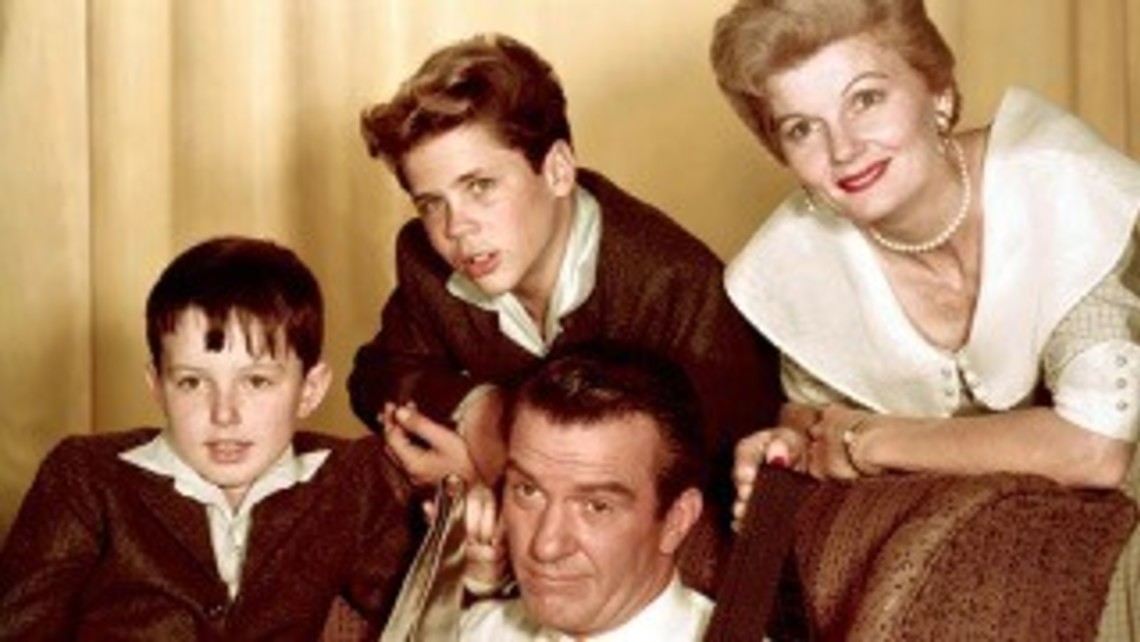
The nuclear family was a mistake. Bold introduction, I know.
The model of the modern-day nuclear family seems to strike directly against God’s heart, vision, mission, and purpose for family. I think you would agree with me as I say that today’s model of the nuclear family is rooted in the consumption of resources without the production of resources and highlights the importance of individualism over connectedness (togetherness), which has fractured the very soul and spirit of what family was meant to be. “This is the story of our times….” David Brooks (2020) writes, “The story of the family, once a dense cluster of many siblings and extended kin, fragmenting into ever small and more fragile forms…In many sectors of our society, many nuclear families have fragmented into single-parent families and single-parent families into chaotic families or no families.”
We are truly living in an age of fragmentation; everything from politics to mental health, and particularly family, seems to be under this regime of “de-creation.” Jefferson Bethke (2021), the author of Take Back Your Family, writes this regarding the nuclear family, “Nothing has done more damage to Scripture’s version of a family than the ideal of the nuclear family.”
What is the “nuclear family,” you may ask? It is a Western idealistic concept of family that peaked in the 1950s and lasted until 1965. The nuclear family consisted of a mom, dad, and two kids as “the social unit.” Birthed from industrialization by factories in large U.S. cities in the 19th and 20th centuries, young people left their multigenerational interwoven families to “chase the American dream,” altering forever how we think and build family units today.
Brought about when conditions of unprecedented postwar prosperity were high. The conditions for a nuclear family were readily available to everyone. Divorced rates dropped, and fertility rates rose; it was a golden period of stability and achievability. The idealistic model of the nuclear family seemed to be in great shape. During this unprecedented time, we began to re-think the concept of family. Etched into the minds of many Americans was the idea of a married couple with 2.5 kids. “When we think of the word’ family,’ don’t we tend to think of a two-parent nuclear family with one, probably two children living in a detached home on a suburban street,” as Brooks (2020) suggests.
Today, only about one-third of the U.S. population lives in this idealistic nuclear family compared to 77.5% in the 1960s (Brooks, 2020).
So where did it all go wrong? How did this prosperous nuclear family break down so in such a short period? The answer to this is more complex and could be a blog article in itself; in short, economics and cultural reimagining of the family played a factor. By the mid-1970s, wages had stagnated and even declined, putting single-income-based family homes under immense pressure to survive. Culturally, our society as a whole has become more individualistic and self-oriented. We placed greater importance on individualism and autonomy than families of the past. A rise in feminism gave women greater freedom to pursue work and life as they chose. The perception of marriage also drastically shifted during this time, moving from “childbearing and childrearing to primarily about adult fulfillment” (Brooks, 2020). This cultural shift was suitable for adults but not so for families.
“If you want to summarize the changes in the family structure over the past century, the truest thing to say is this: We’ve made life freer for individuals and more unstable for families. We’ve made life better for adults and worse for children. We’ve moved from big, interconnected, and extended families, which helped protect the most vulnerable people in society from the shocks of life, to smaller, detached nuclear families (a married couple with their children), which gave the most privileged people in society room to maximize their talents and expand their options. The shift from bigger and interconnected families to small detached nuclear families ultimately led to a familial system that liberates the rich and ravages the working class and the poor” (Brooks, 2020).
In Modern Western culture today, the nuclear family model generally centers itself around consumption, safety, and individual happiness. In other words, if we can get what we want, have nothing go wrong, and everyone does what he or she wants, then the family has done its job. The family structure we’ve held up as the cultural ideal for the past half-century has been a catastrophe for many.
It is not by chance that families today are drowning, sinking, and overwhelmed. Our model was created for mass efficiency and lower friction. A family no longer became a unit or a team. Instead, it is now a group of individuals pursuing their own interests or goals and then collecting resources, coming home, and sharing those resources.
The most who seem to advocate for this type of nuclear family are Christians. We seem defensive toward returning to the Biblical vision of family in any sense of the word. We are not chasing the ancient picture of the word family, a vision of the family Jesus himself grew up in; instead, we are chasing the 1950s Leave It To Beaver ideal of what it means to be a family.
Even in our political society today, both sides of the aisle have differing views of what constitutes a family, what makes up a family unit, and how to restore the vision of family. “The more conservative people among us say, ‘let’s bring back the power of the family!’ But the vision is an actual impossibility for everyone except the rich and not a true historical or biblical vision of family anyway. The more liberal folks among us say, ‘The family does not matter. Do what you want. Family is anyone and everyone, right?’” (Behke, 2021).
Both are wrong (with both holding a sliver of truth).
I understand that for many, the word family conjures up so much pain, myself included. Just looking at the current epidemic of fatherlessness in America should be enough proof of the pain we are experiencing here, where currently, 24.1 million children in America today do not live with their biological fathers. Or the fact that children are four times more likely to grow up in poverty if the Father is not present in the family home (Sanchez, 2017).
Our families are not safe. We have no time for each other. We are unhappy. We are unhealthy. That is what the data shows.
However, our response to this cultural moment is simply strange. Instead of being sad about our reality, we seem to double down on our individualistic mindset, “I can do it without them, and I won’t let it define me.” Which is true. It should not define us—but it’s also okay to let us be sad. Moreover, we can be sad and admit that there are situations where the Father should not be present, like ongoing abuse and trauma.
We must reimagine what it is like to center the household based on production. A household centered around a robust, intergenerational, complex, and enormously helpful web of relationships where the most vulnerable and downtrodden are welcomed, protected, and given a safety net. Unfortunately, our systems and pictures, relationships, and visions of what a family currently is, what it means, and what it is supposed to do are not ideal.
I also want to encourage those of you whose families, like mine, have caused great pain, trauma, and brokenness. God absolutely wants to heal all the trauma, brokenness, pain, and shards of metaphorical glass lodged into your soul when you think about the word family. But it won’t be instant—it is more like planting an acorn that we are called to water and faithfully tend to, knowing our children’s children might be the first ones to stand under its shade—and that is worth the work.
Provided below are resources to kick-start conversations within your own family, small group, or individual reflection.
Grace and Peace,
Andrew M. Forbeck MA, PLPC, SATP
(In Part II, I want to write for you a Biblical vision for what I believe God has in mind for us when He created a family—expounding on the vision, mission, and purpose of a Biblical vision of family).
Resources
How the Nuclear Family Broke Down - Youtube Video
The Nuclear Family Was A Mistake by David Brooks - Article, The Atlantic
The Intentional Family Podcast by Jefferson Bethke and Jon Tyson



